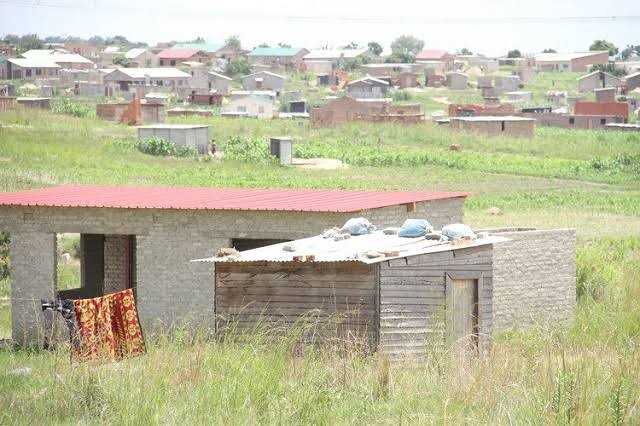
The Senate has urged the government to immediately impose a moratorium on the allocation of land designated as wetlands, following a heated debate that exposed widespread illegal developments, corruption, and weak environmental enforcement across Zimbabwe’s urban centres.
The motion, moved by Senator Prisca Mupfumira, calls on the Ministries of Local Government, National Housing, Lands, Agriculture and Environment to halt all allocations on wetland sites and establish an Inter-Ministerial Commission of Inquiry to investigate how such land has been parcelled out by local authorities.
Lawmakers said the destruction of wetlands, particularly in Harare, Chitungwiza and Bulawayo, has become a national crisis, resulting in flooding, collapsing houses, declining groundwater levels, and contamination of urban water supplies.
“Not frogs versus families”
Supporting the motion, Senator Sithembile Mlotshwa said the issue was often wrongly framed as a choice between protecting nature and providing housing for people.
“This is not about choosing frogs over families,” she said. “Protecting wetlands is about protecting people. When we destroy wetlands, we destroy the very systems that make our cities liveable.”
She warned that families who buy stands on wetlands were being sold “a ticking time bomb,” as most of these properties flood during rainy seasons or suffer structural damage due to unstable soils.
Mlotshwa also criticised politically connected land barons who profit from illegal allocations, accusing local authorities of issuing permits “recklessly” and ignoring court orders to stop construction.
“The problem is not ignorance, but governance failure,” she said. “Politics has been protecting land barons, and this must end.”
She urged the government to move towards smart urban planning, promoting high-rise housing and integrated land use policies that balance development with environmental protection.
“Wetlands sustain life and livelihoods”
Related Stories
Adding her voice, Sen. Sisasenkosi Ndebele decried the destruction of wetlands in both urban and rural areas, blaming corruption and greed for the crisis.
“Why are we using wetlands for the wrong reasons? God created them for good purposes, to sustain wildlife, agriculture and water sources,” she said.
She urged traditional leaders to take a stronger role in conserving wetlands within their jurisdictions, warning that continued encroachment would deepen drought conditions and threaten food security.
“A matter of national survival”
In closing the debate, Senator Mupfumira said contributions from across the political divide reflected “a shared commitment” to strengthen environmental governance and halt further degradation.
She acknowledged recurring challenges, including poor coordination among government departments, weak enforcement of environmental laws, and lack of public awareness about the importance of wetlands in water purification, flood control, and climate resilience.
“Protecting wetlands is not merely an environmental issue; it is a matter of national survival,” she said. “Our wetlands sustain agriculture, preserve water resources and shield communities from drought and floods.”
Mupfumira said Parliament must now push for stronger policy alignment between urban development and environmental protection, including the integration of wetlands into city spatial plans and prioritisation of wetland restoration projects under the National Climate Adaptation Agenda.
The Senate unanimously adopted the motion, which resolved that:
A moratorium be imposed on all allocations of land designated as wetlands in Harare and other affected areas;
An Inter-Ministerial Commission of Inquiry be established to investigate how wetlands were allocated to individuals and companies;
All wetlands be declared ecosystem-sensitive areas, protected from development and corruption.
Lawmakers believe that the motion reinforces Zimbabwe’s commitments under the Ramsar Convention on Wetlands, as well as pledges made at international conferences such as COP15 on Biodiversity (2022) and the Ramsar COP (2025) hosted in Victoria Falls.
As Mlotshwa concluded during debate: “When we save a wetland, we save a city. When we destroy it, we destroy our people.”










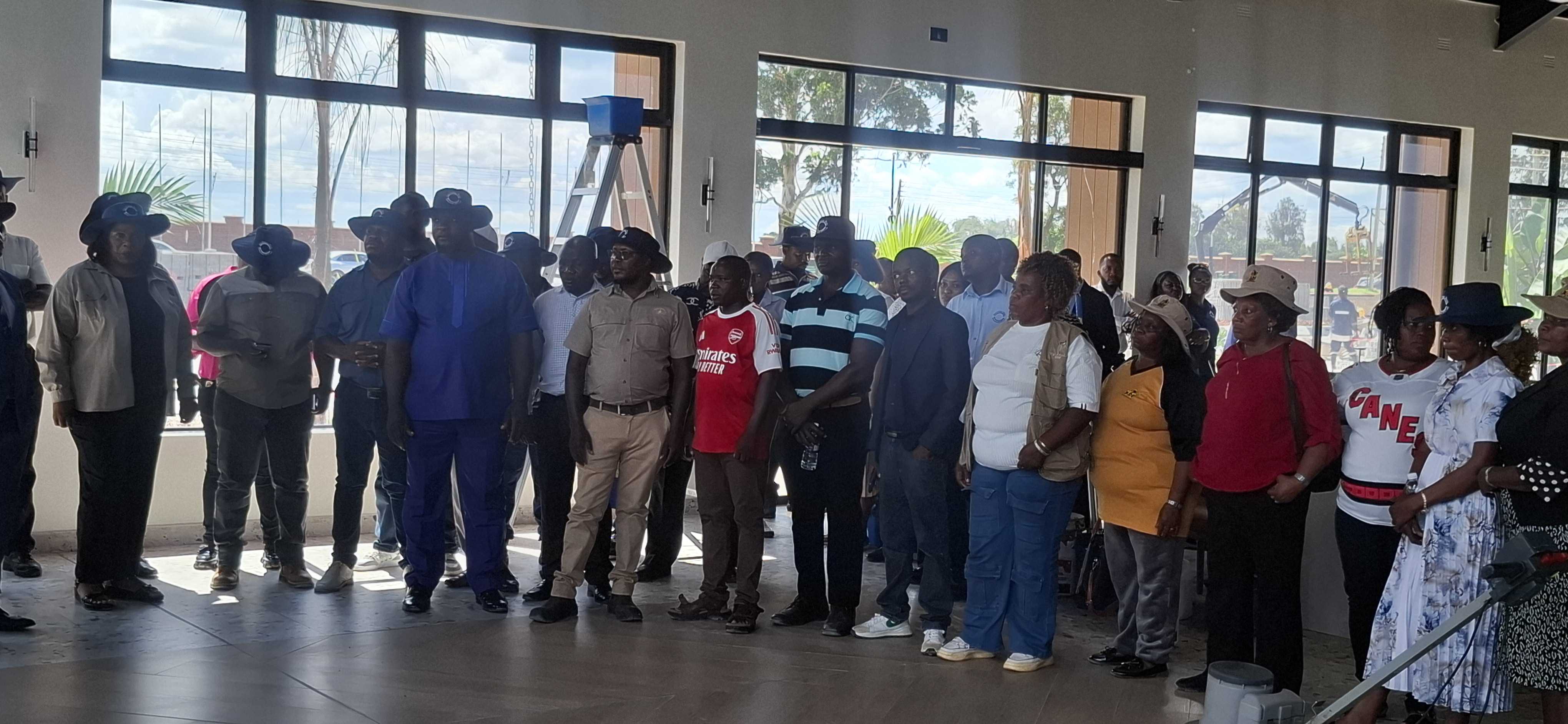
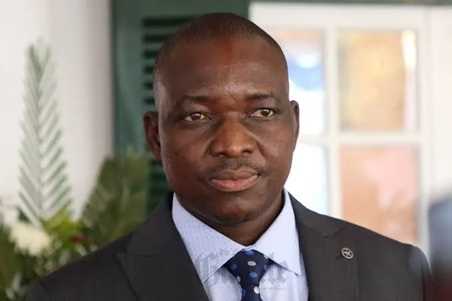



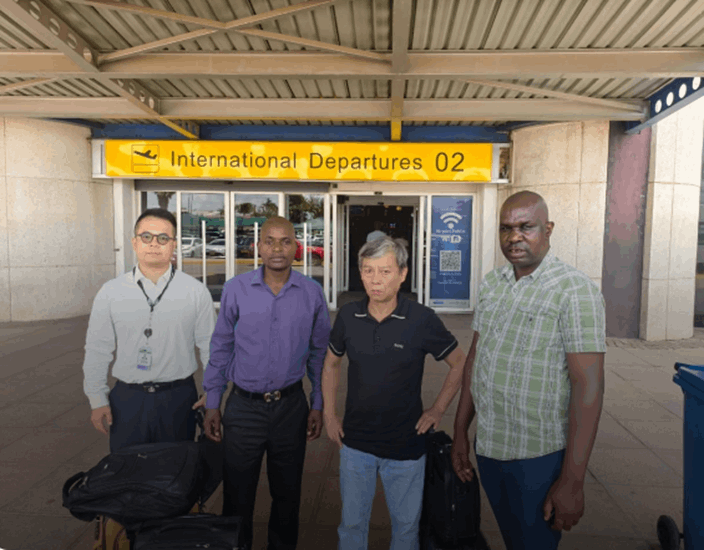
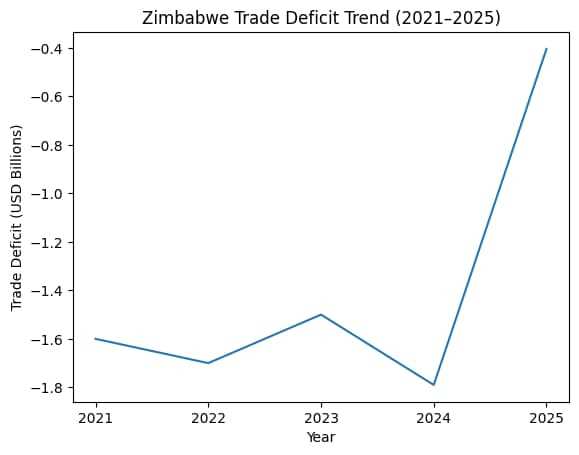
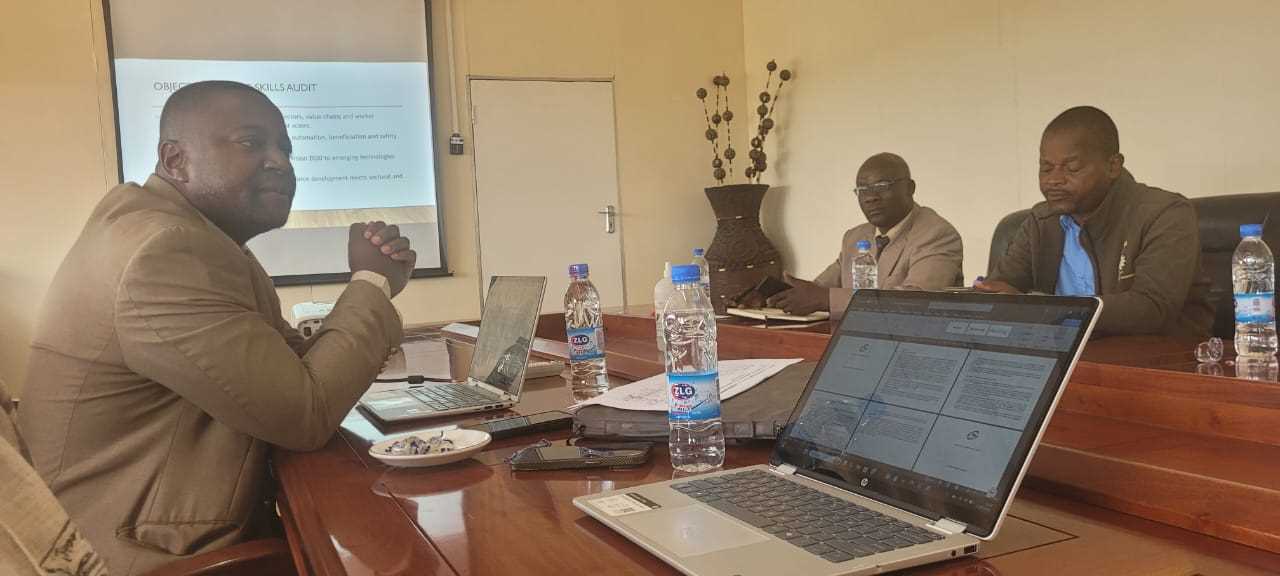


Leave Comments